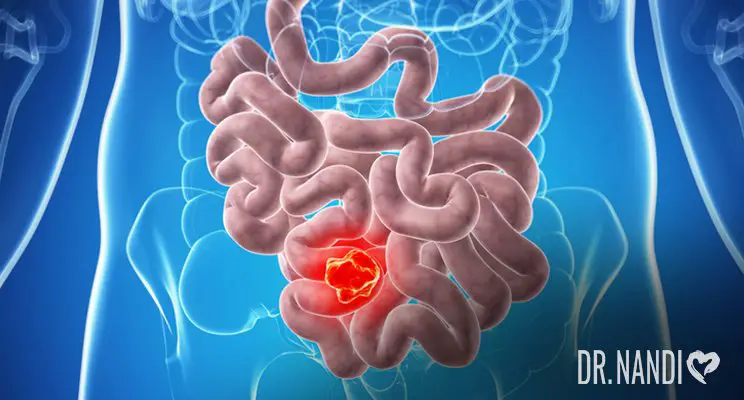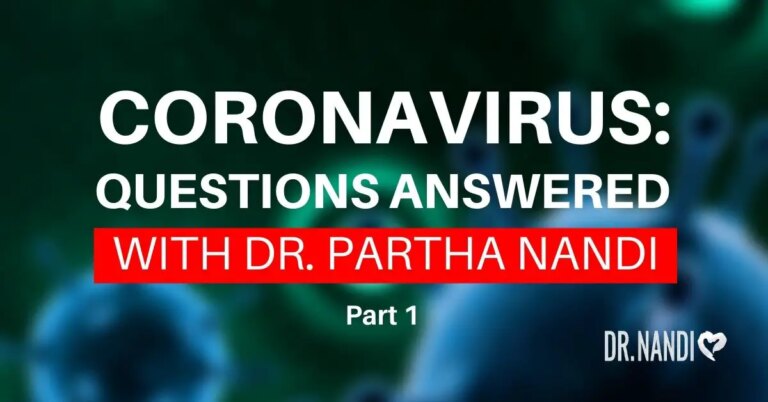GERD, also known as acid reflux, has many uncomfortable symptoms like heartburn and difficulty swallowing. Currently, it is a condition that many Americans suffer from daily. But can GERD lead to cancer?
Today, I want to discuss what is GERD and esophageal cancer, what the symptoms are, how it’s diagnosed, how to treat them, and how to prevent them.
What is GERD?
Gastroesophageal reflux disease (GERD) happens when your stomach acid flows back into your esophagus, the tube connecting your mouth and stomach. It can cause acid reflux which irritates your esophagus lining, causing heartburn, difficulty swallowing, a lumpy sensation in your throat, regurgitating food, and even chest pain. Most people have experienced GERD symptoms at some point in their lives. Still, an increasing number of people experience symptoms more regularly, Even as much as once or several times a week. GERD is more than an uncomfortable condition but can lead to further health problems. Most recently, doctors have found it can lead to esophageal cancer. (1)
Does GERD Lead to Esophageal Cancer?
When you experience GERD symptoms, the acid from your stomach comes back up into your esophagus, damaging your tissues and increasing your risk of adenocarcinoma, a form of esophageal cancer.
Stomach acid is meant to stay in your stomach. There is a lining inside your stomach that protects it from the acid. Your esophagus, however, doesn’t have that protective lining, thus allowing damage to occur from the acid moving back up.
Acid reflux can also lead to tissue damage called Barrett’s esophagus, a pre-cancerous condition. It makes a layer of tissue that looks like the lining of your digestive tract to keep your body safe. It is not natural in this area and can turn into pre-cancerous cells. People with Barrett’s symptoms have an increased risk for esophageal cancer. (2) Having GERD with Barrett’s esophagus increases your chances of esophageal cancer versus if you’ve only had GERD. (3)
Symptoms of Esophageal Cancer (3, 4)
- Dysphasia (difficulty swallowing)
- Decrease in appetite, weight loss
- Bleeding in the esophagus with vomiting blood
- Increase in heartburn
- Increase in indigestion
Risk Factors for Esophageal Cancer
As we discussed, GERD and Barrett’s symptoms can increase your risk of esophageal cancer. There are also other factors (3, 4):
- Gender: men are three times more at risk for developing forms of esophageal cancer.
- Age: people over 55 have a higher risk.
- Tobacco: smoking cigarettes or cigars and chewing tobacco can increase your risk of many
Forms of Cancer
- Alcohol: Drinking alcohol, mainly smoking, can increase your risk.
- Obesity: Obesity and being overweight cause a multitude of health problems.
- Diet: A diet high in processed meats, processed foods, and overeating can increase your risk, while a diet rich in fruits and vegetables lowers your risk.
- Radiation: Radiation, treatment of your chest and upper abdomen, though a necessary medical treatment in some cases, can also increase your risk of certain cancers.
Diagnosis of Esophageal Cancer
If you experience any symptoms of esophageal cancer or have GERD, definitely schedule a visit to your doctor. With a physical exam and medical history, you will likely undergo endoscopy (a small fiberoptic scope placed in your esophagus under sedation) to examine your esophageal tissue. It may include a biopsy to examine a tissue sample.
Another test you may undergo is called a barium swallow. The test includes drinking a chalky liquid and then x-rays of your esophagus. A CT scan may be required to ensure that cancer hasn’t spread if cancerous tissue is found. (3, 4)
Treatment of Esophageal Cancer
Your treatment may include one or the combination of the following (4, 5, 7):
- Surgery: Often, surgery is done with an endoscope to eradicate the tumor. If cancer has spread, deeper layers of tissue and even sections of your lymph nodes or stomach may need to be removed.
- Radiation: Radiation is often combined with chemotherapy before or after surgery. It can be directed at cancer cells inside and outside of your body.
- Chemotherapy: Chemotherapy is a commonly used drug treatment for cancer that can be used before or after surgery as a stand-alone treatment or radiation.
- Controlling acid reflux: Regardless of your treatment, making necessary dietary and lifestyle changes to control your acid reflux is required to help treat and prevent your cancer from returning or spreading.
Outlook with Esophageal Cancer
Your prognosis dramatically depends on the stage of your cancer and whether or not it has spread. Localized esophageal cancer that hasn’t spread has the best outlook, with a 43 percent chance of a 5-year survival rate. Regional cancer, where spreading has happened through other parts of your body, has a 23 percent chance of a 5-years survival. Distant esophageal cancer, where cancer has spread to parts of the body far from the esophagus, has only a 5 percent 5-year survival rate. Besides the stage of cancer, your outcome depends on many factors, including your treatment, your body’s response to treatment, overall health, and lifestyle changes. (6)
How to Prevent Esophageal Cancer?
Though having GERD can increase your risk of esophageal cancer, you can take steps to decrease your chances of esophageal cancer and even improve your symptoms of GERD. (4, 5, 7)
- Losing weight and maintaining a healthy weight
- Quit smoking
- Quit drinking alcohol or drink in moderation
- Increase your fruit and vegetable intake
- Eliminate or lower your intake of processed meat and processed foods
- Waiting two hours to lie down after eating to prevent acid splashing up
- Regular check-ups with your doctor
If you experience symptoms of GERD, acid reflux, or esophageal cancer, visit your doctor now. Early detection helps your medical team give you the best treatment possible to decrease your risk of esophageal cancer and increase your chances of recovery.
References:
- https://www.mayoclinic.org/diseases-conditions/gerd/symptoms-causes/syc-20361940
- https://www.mayoclinic.org/diseases-conditions/barretts-esophagus/symptoms-causes/syc-20352841
- https://www.mayoclinic.org/diseases-conditions/esophageal-cancer/symptoms-causes/syc-20356084
- https://www.cancer.org/cancer/esophagus-cancer.html
- https://www.sciencedaily.com/releases/2007/07/070708180418.htm
- https://www.cancer.org/cancer/esophagus-cancer/detection-diagnosis-staging/survival-rates.html
- https://www.mayoclinic.org/diseases-conditions/barretts-esophagus/diagnosis-treatment/drc-20352846




















